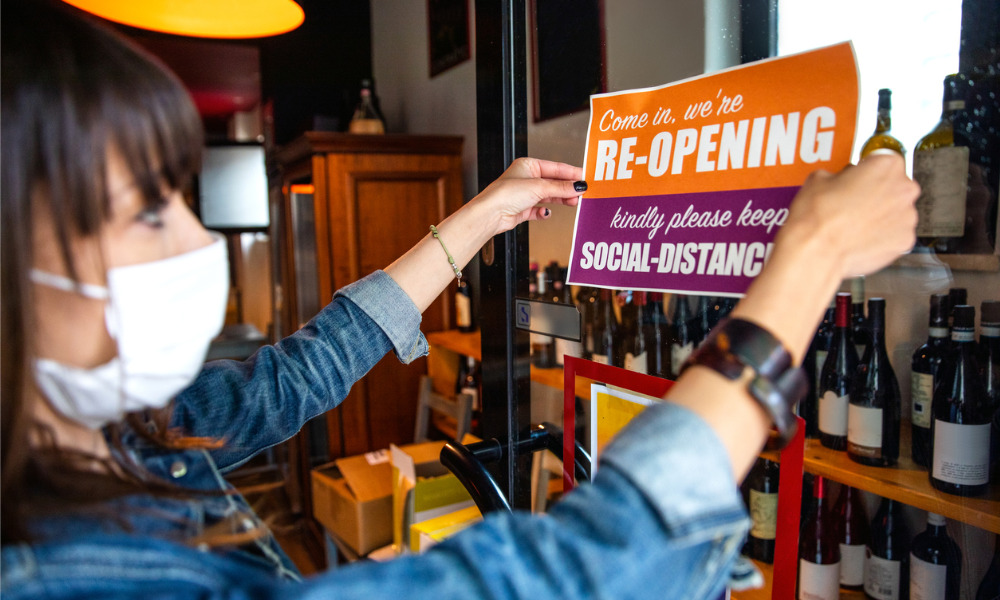
Employees hope positive changes at work continue after the COVID-19 crisis

2020 is a “year of extremes” for the retail industry and employees are feeling the pressure taking a toll on their mental health.
While essential retailers such as supermarkets and pharmacies witnessed “skyrocketing demand” during the pandemic, others “quietly folded amid empty shopping centres” – such scenarios have only made retail jobs in Australia more stressful than ever, the latest report from mental health specialist SuperFriend showed.
The pandemic has purportedly resulted in volatility in the sector that nearly a quarter of retail employees (23.4%) considered switching to another industry when the COVID-19 crisis hit.
Read more: Four signs your workplace doesn’t take mental health seriously
One major source of stress is the way customers treat retail staff, who reportedly suffer physical and verbal abuse from shoppers.
Employees also believe their managers haven’t done enough to support them on the frontlines. Only 45.5% of respondents say they belong in a “highly supportive” company.
Casual workers, in particular, feel the lack of support more acutely than their full-time and part-time co-workers: just 41.1% of casuals report working for a “highly supportive” employer.
Another factor is job insecurity. Retailers with 5,000+ employees are generally seen as “better able to weather challenging economic times”. Because of this, fewer workers (19.3%) report a decline in their productivity, compared with small-businesses staff who fear losing their jobs (38.7%).
All this has affected the psychological health of retail workers, overall. Two in three employees (66.4%) reportedly struggle with a mental health condition – that’s the second highest incidence after the hospitality and food services industries (68.1%), which were also hit hard by the pandemic.
“The prevalence was highest among casual workers (68.9%),” the analysts said.
Read more: Young workers feel pressure over downsizing
With regard to safety precautions, about a quarter (24.3%) say their workplace is “only moderately committed to preventing the spread of COVID-19”.
“With minimal personal protective equipment available due to a nationwide shortage, it’s perhaps unsurprising that 45.8% of on-site retail workers experienced reduced productivity due to worrying about catching or spreading COVID-19,” the analysts said.
Despite the “highs and lows” of working in retail, some employees hope the workplace changes introduced during the pandemic continue after the crisis.
“Many of these related to feeling more valued and respected as frontline workers, an improved sense of personal safety at work, stronger workplace relationships and more flexible approaches to working,” the study said.